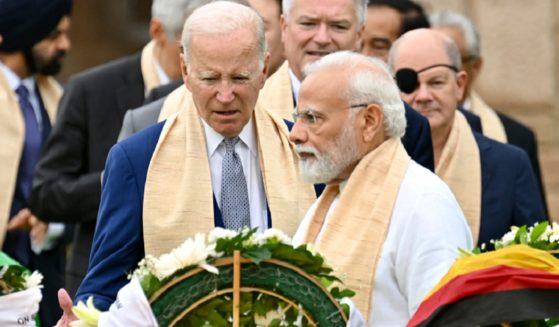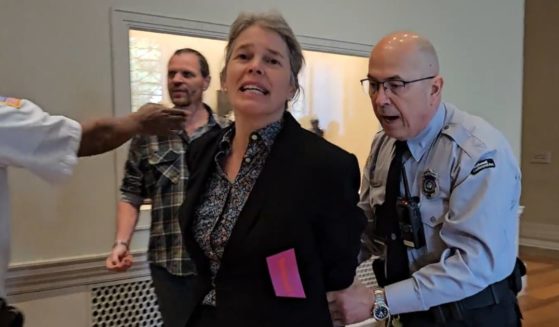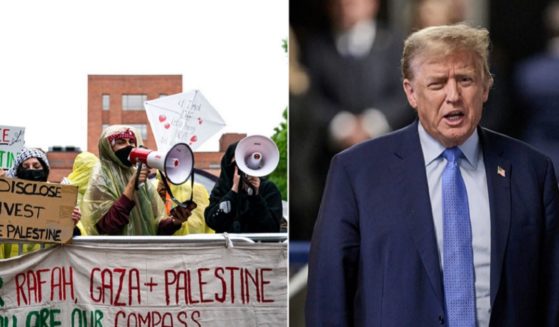US Judge Tosses Lawsuits Against Former Military Commander Accused of War Crimes
A U.S. judge has tossed out a series of civil lawsuits against a Libyan military commander who used to live in Virginia and was accused of killing innocent civilians in that country’s civil war.
At a court hearing Friday, U.S. District Judge Leonie Brinkema said she had no jurisdiction to preside over a case alleging war crimes committed in Libya, even though the defendant, Khalifa Hifter, has U.S. citizenship and lived for more than 20 years in the northern Virginia suburbs of the nation’s capital as an exile from the regime of Moammar Gadhafi.
The ruling was a significant reversal of fortune for Hifter. In 2022, Brinkema entered a default judgment against Hifter after he refused to sit for scheduled depositions about his role in the fighting that has plagued the country over the last decade.
But Hifter retained new lawyers who persuaded the judge to reopen the case and made Hifter available to be deposed. He sat for two separate depositions in 2022 and 2023 and denied orchestrating attacks against civilians.
Once a lieutenant to Gadhafi, Hifter defected to the U.S. during the 1980s. He is widely believed to have worked with the CIA during his time in exile.
He returned to Libya in 2011 to support anti-Gadhafi forces that revolted against the dictator and killed him. During the country’s civil war, he led the self-styled Libyan National Army, which controlled much of the eastern half of Libya, with support from countries including Russia, Egypt and the United Arab Emirates. He continues to hold sway in the eastern half of the country.
In the lawsuits, first filed in 2019, the plaintiffs say family members were killed by military bombardments conducted by Hifter’s army in civilian areas.
The lawsuits also alleged that Hifter and his family owned a significant amount of property in Virginia, which could have been used to pay off any judgment that would have been entered against him.
While the lawsuits were tossed out on technical issues over jurisdiction, one of Hifter’s lawyers, Paul Kamenar, said Hifter denied any role in the deaths of civilians.
“He’s not this ruthless figure that everyone wants to portray him as,” Kamenar said in a phone interview Sunday.
Faisal Gill, a lawyer for plaintiffs in one of the three lawsuits that Brinkema tossed out Friday, said he plans to appeal the dismissal.
Mark Zaid, lawyer for another set of plaintiffs, called Brinkema’s ruling perplexing and said he believes that the court’s jurisdiction to hear the case had already been established at an earlier phase of the case.
“A U.S. citizen committed war crimes abroad and thus far has escaped civil accountability,” Zaid said Sunday in an emailed statement.
In court papers, Hifter tried to claim immunity from the suits as a head of state. At one point, the judge put the cases on pause because she worried that the lawsuits were being used to influence scheduled presidential elections in Libya, in which Hifter was a candidate. Those elections were later postponed.
The Western Journal has reviewed this Associated Press story and may have altered it prior to publication to ensure that it meets our editorial standards.
Truth and Accuracy
We are committed to truth and accuracy in all of our journalism. Read our editorial standards.












